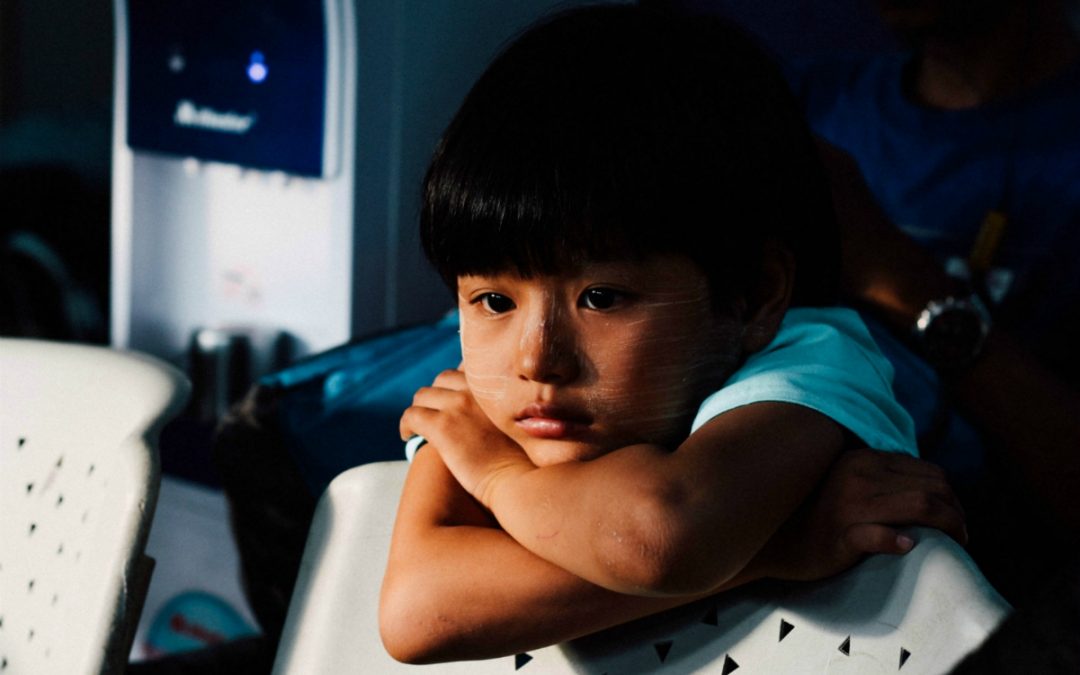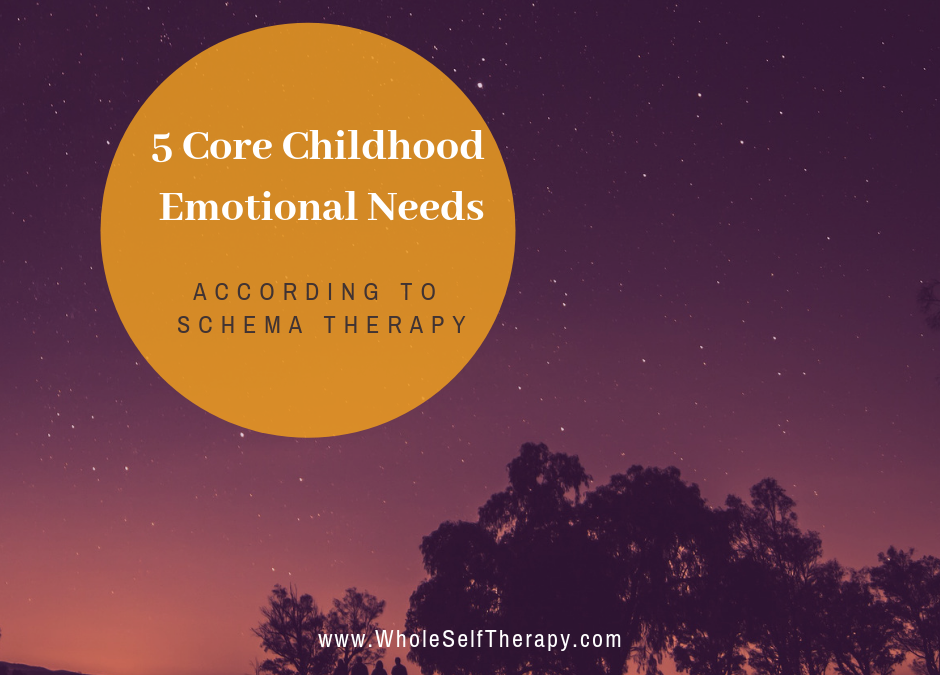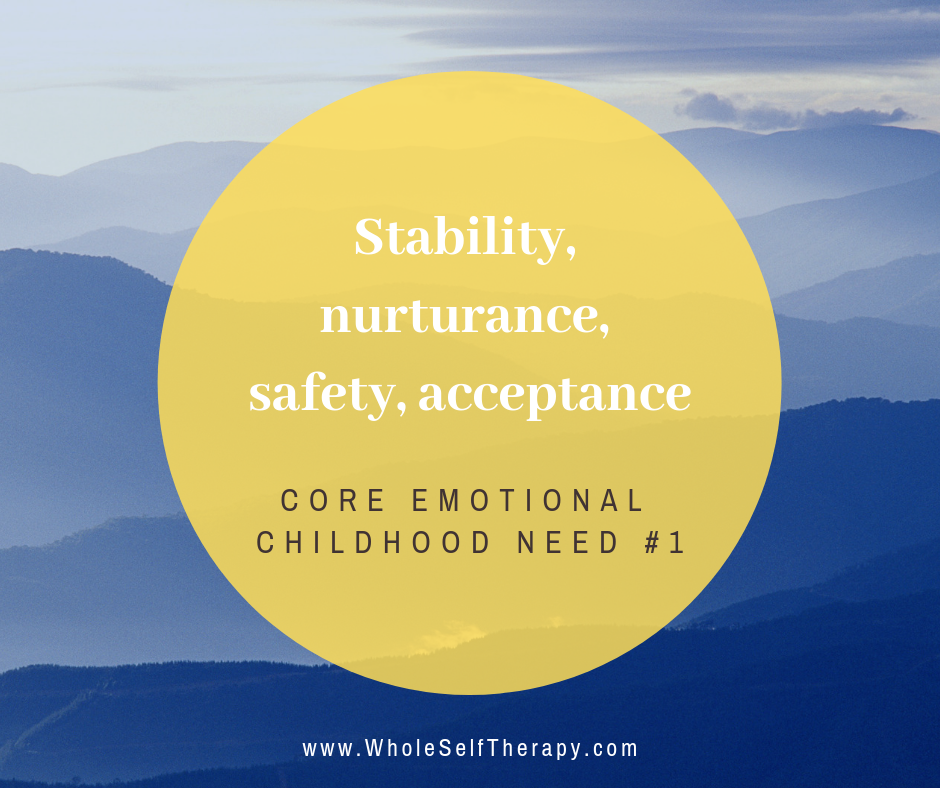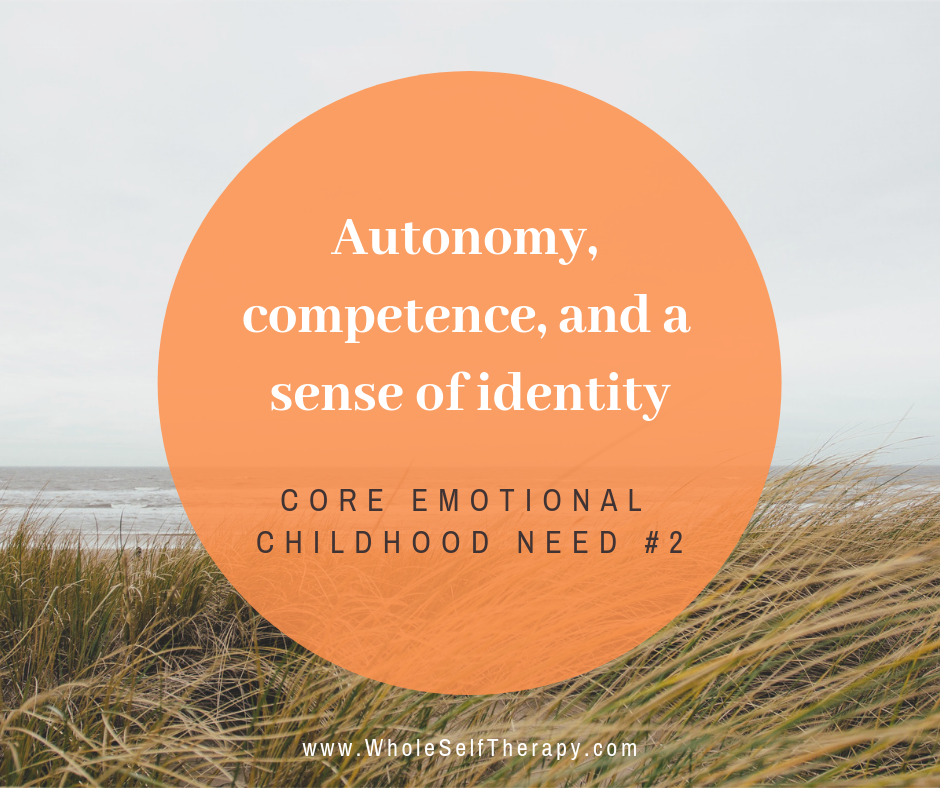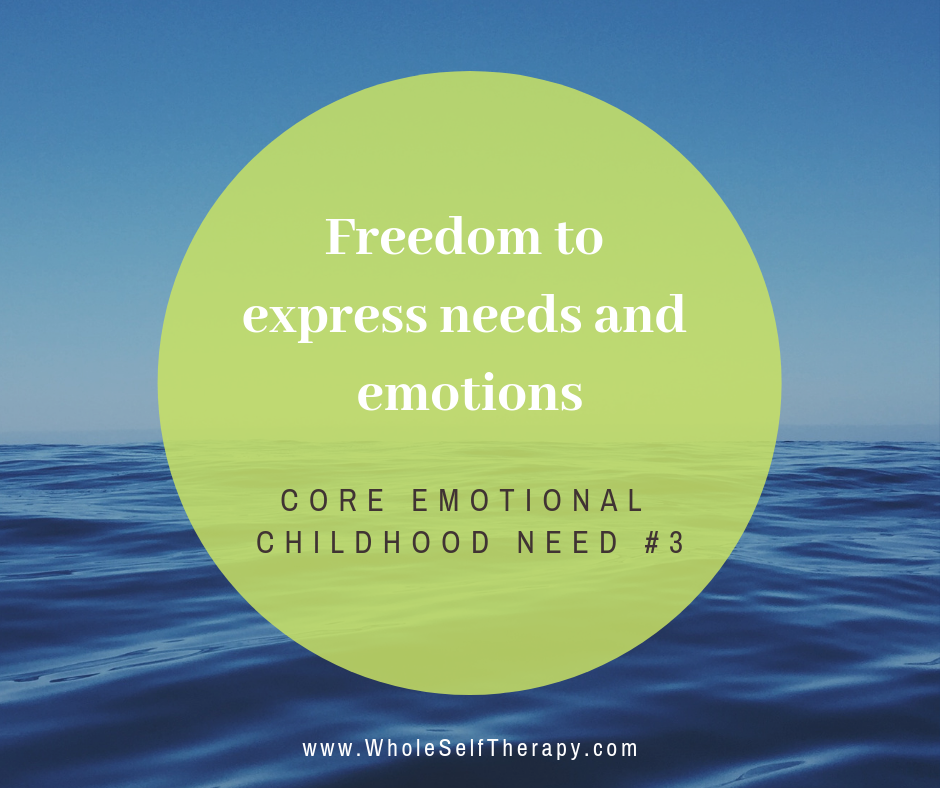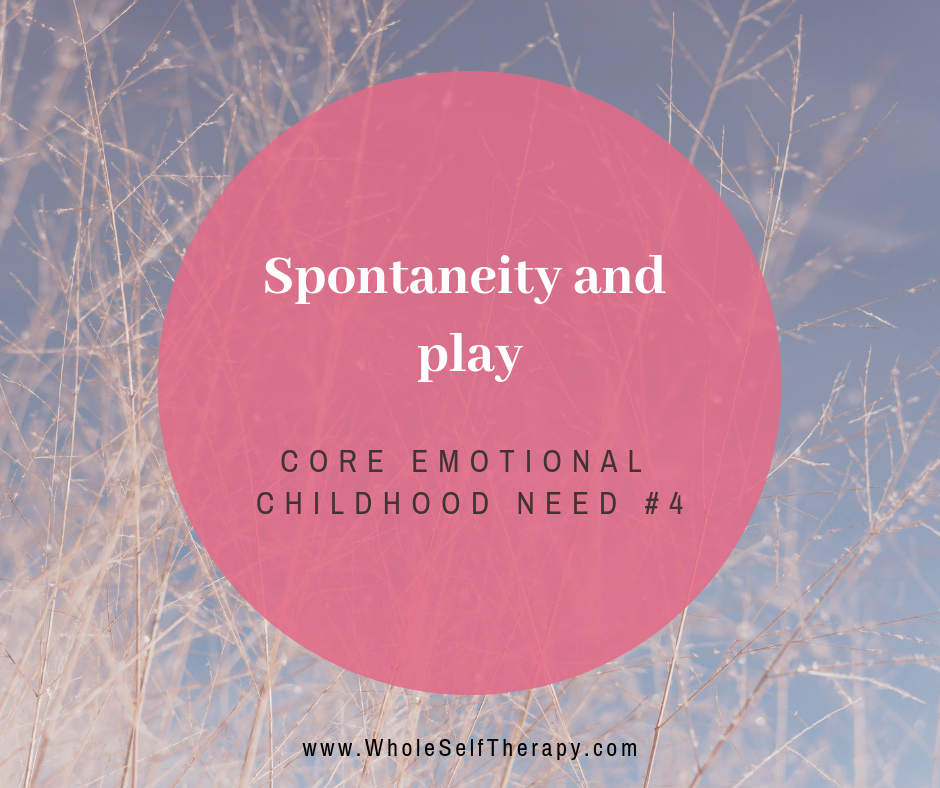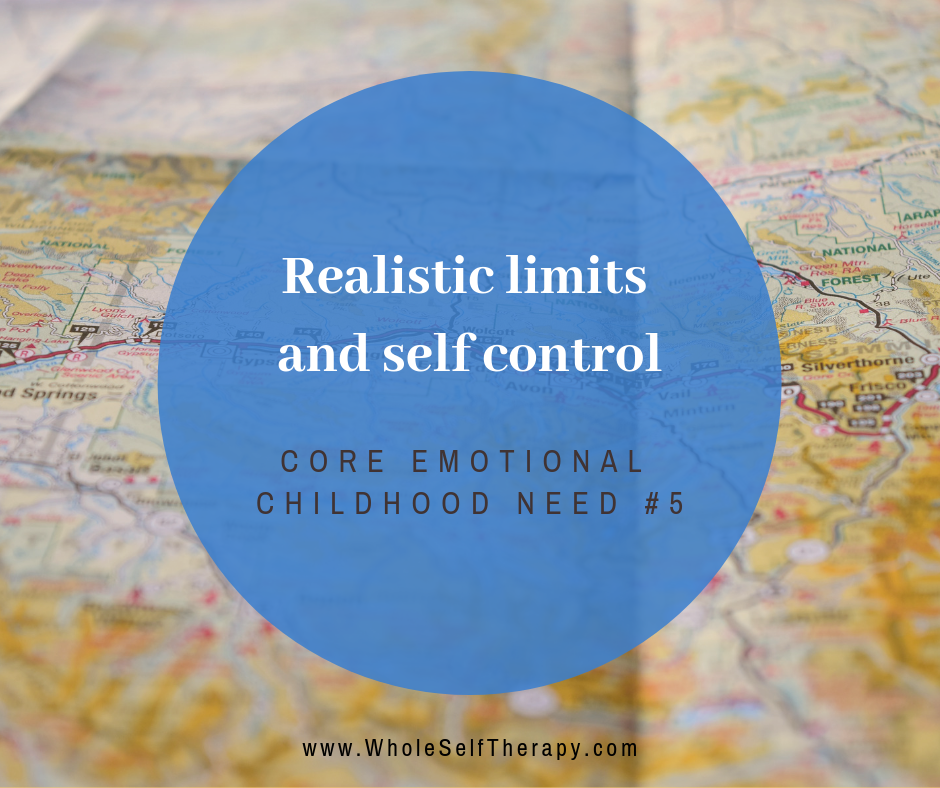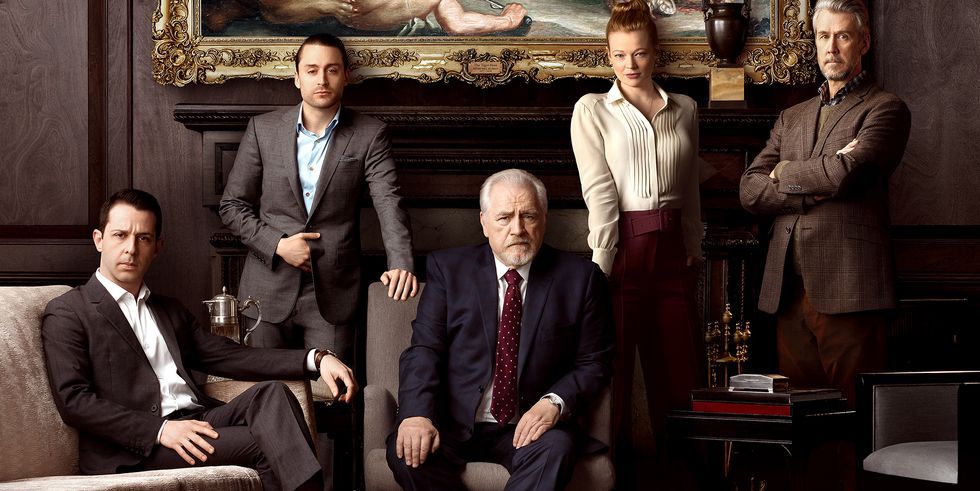
Therapy for Childhood Trauma
Photo Credit: Harper’s Bazaar
Therapy for Childhood Trauma
This morning I read an article that has inspired a new category of Blog Post for Whole Self Therapy: The Human Condition. In The Human Condition, I will be sharing stories that illustrate what we humans all share: feelings, experiences, and unmet needs.
One of my favorite shows over the last few years has been HBO’s Succession. It’s a fabulously written and acted series about a super-wealthy family consisting of a patriarch, Logan Roy, and his four entitled adult children. In Succession, we watch each of Roy’s children struggle in their intimate relationships and vie for power as well as their father’s approval. Each character is so complex that it is hard to make a clear judgment about any of them; they are all nuanced and relatable in some way.
The elder, Logan Roy, is played by the seventy-five-year-old actor Brian Cox. In his recent interview published by the NY Times, Cox speaks about his mutuality with the authoritarian character he plays:
He’s quite angry. That’s something that probably he and I have in common.
Why are you angry? I’m angry about my childhood, in retrospect. I look upon it now, and I go, “Jesus, that was [expletive], and there was nobody really to help me.” I had to do it all on my own. I felt I needed some parental help. I needed some guidance. My son will tell you. I’m quite angry at times.
As a Schema Therapist, his words jumped out at me. Here is a man, a well-established and successful actor who is self-aware enough to know that his anger stems from his unmet childhood need for guidance. Perhaps if Brian Cox had done some therapy for childhood trauma, he would not still be holding onto his anger as an elder adult. The reality is that:
We all have unmet childhood needs.
This is the human condition.
Working together in therapy for childhood trauma, we work to explore and express those needs and the feelings associated with them. We do this because our experiences from childhood don’t leave when we turn eighteen; they stay with us for a lifetime.
For Cox, there is unresolved anger. While knowing and expressing it are both positive things, what is unfortunate is that it sounds like the anger is being expressed in the wrong direction: toward his son. When we carry around feelings that have not been fully resolved we all can “take it out” on those we care about the most. And very few of us do that intentionally.
This is why it is important to “do your own work” so that you don’t inadvertently hurt those closest to you in your life now with the wounds that were bestowed by ghosts from your past. This is how we end the legacy of relational trauma.
Check out the full New York Times article here:
If you’re seeking therapy for childhood trauma in Asheville or anywhere in the state of North Carolina, contact me today.

